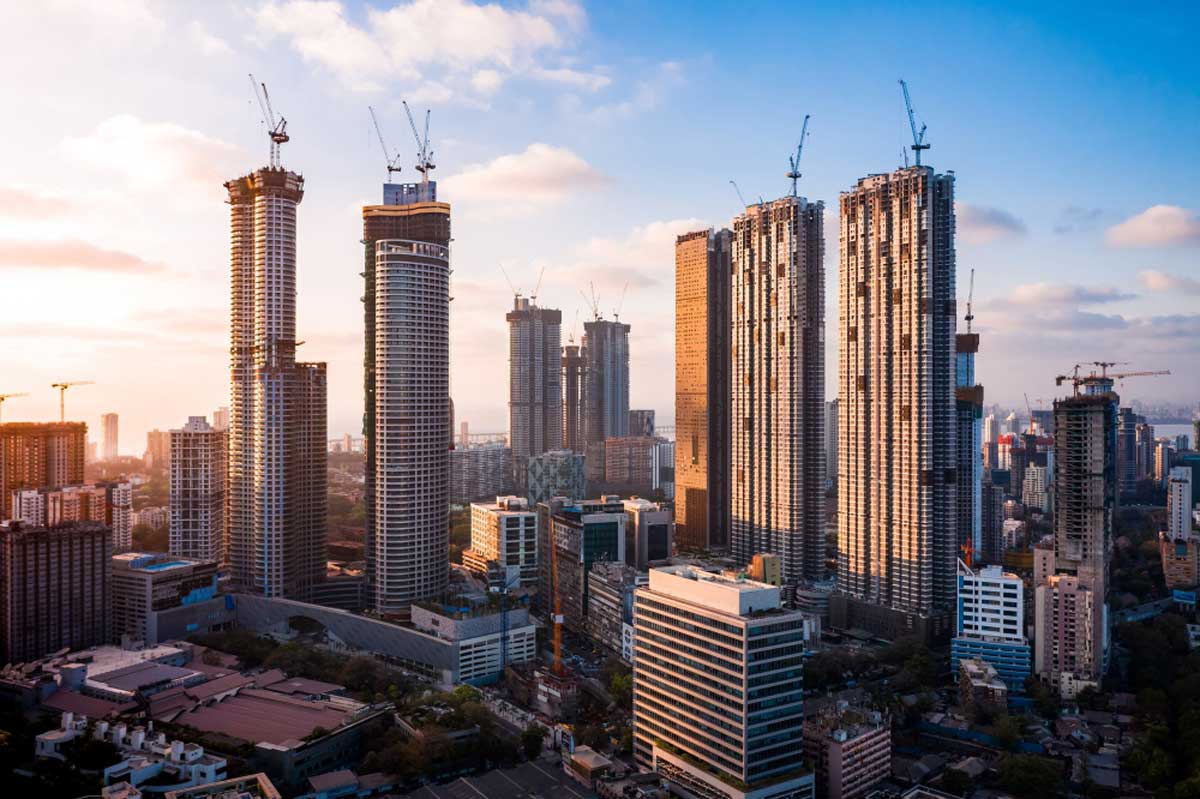In May 2017, the Maharashtra Real Estate Regulatory Authority (MahaRERA) was created. After the
Real Estate Regulating Act of 2016 was approved by Parliament, it became India's first real estate
regulatory body.
The top five orders of MahaRERA in 2022:
1. The authority permitted developers to seek for the extension of project registrations on
December 27 without the approval of 51% of homeowners. Developers must, however, provide a
justification for why registrations should be renewed without this authorization, according to a
MahaRERA ruling. Additionally, it requested that developers register their holdings in several real
estate developments, allowing homebuyers to make an informed choice.
Impact: It can bring back a number of dead or abandoned projects. This action will make it easier for
developers to continue working on projects whose registrations have been revoked. Developers
cannot promote or sell their inventory after registration expires. Construction is halted and the cash
flow is somewhat affected. The action will assist thousands of homebuyers in obtaining their ideal
residences. Experts have cautioned that the decision has some grey areas and could be challenged in
court.
2. The MahaRERA stopped the registration of about 60 real estate projects in the Kalyan-Dombivli
Municipal Corporation (KDMC) region near Mumbai in a pair of orders in November 2022. The
authority discovered that in order to gain RERA registration, these developers had filed fake
commencement certificate (CC) paperwork.
Impact: Prospective homeowners will now conduct more research before choosing a property. In
order to prevent something similar from happening again, MahaRERA has strengthened its checks as
a result of this action by collaborating with numerous authorities.
3. In September 2022, the MahaRERA ordered a Mumbai-based developer to deduct only 2% as
cancellation fees rather than the developer's desired 10%. The authority deemed the request
unjustified and added that it had already made a decision in this matter in August 2022.
Impact: Hundreds of complaints about developers deducting 10 or 20 per cent of booking money as
cancellation fees were addressed by MahaRERA. In August 2022, MahaRERA made it clear that no
more than 2% should be deducted.
4. The authority decided that there is no provision in the RERA Act to require the completion of a
project where the developer is not interested, or is unable to do so in an order from August 2022,
allowing a Mumbai-based developer to de-register a residential project in south Mumbai. Two-thirds
of the buyers received refunds from the developer, Turf Estate Joint Venture LLP of DB Turf View,
who was building a 93-story tower in south Mumbai. Five customers, however, refused to accept the
refund and filed a lawsuit to do so. According to the MahaRERA, the RERA Act is silent regarding
deregistration at a developer's request, but it must still make a decision based on the intent of the
law.
Impact: This should formalise the process for developers who want to abandon a project but only
after giving homebuyers a refund. Developers would otherwise permit project registration to expire.
However, experts advise that rather than allowing each deregistration application, the MahaRERA
should make this decision on an individual basis. This will guarantee that developers won't try to
alter the project's scope by erroneously reading the law.
5. The MahaRERA announced in June 2022 that a special vertical would be created to examine
abandoned projects. More than 4,500 abandoned projects totalling more than INR 780 billion are
located in the state. According to MahaRERA, 60% of these projects are from the Mumbai
Metropolitan Region. In order to ensure that projects that are stalled for a variety of reasons, such
as litigation, financial trouble, etc., can be handled by the specialised vertical through a mediation
between homebuyers and developers, a distinct vertical has to be created.
Impact: Beginning in October 2022, the MahaRERA will begin notifying developers of abandoned
projects. The authority stated that its top goal was to look into 300 abandoned projects where they
suspected financial misdeeds. Homebuyers and developers can present their cases in a distinct
venue thanks to the specialised vertical, as opposed to going through the traditional complaint
process and going to court.





















